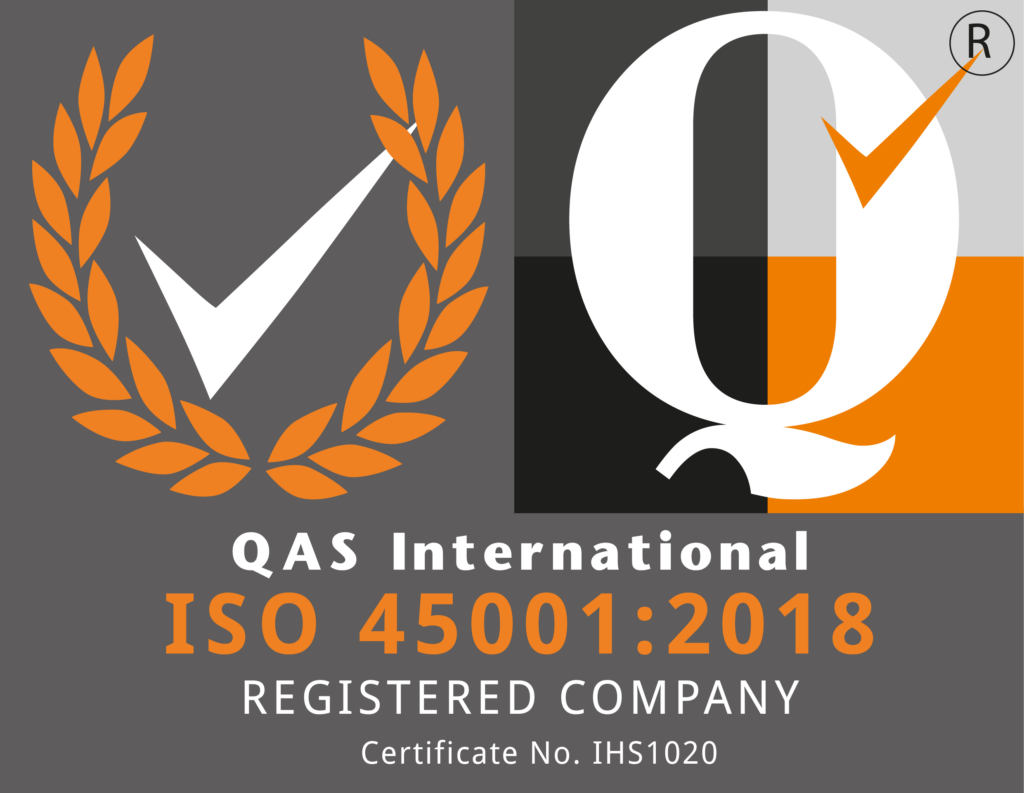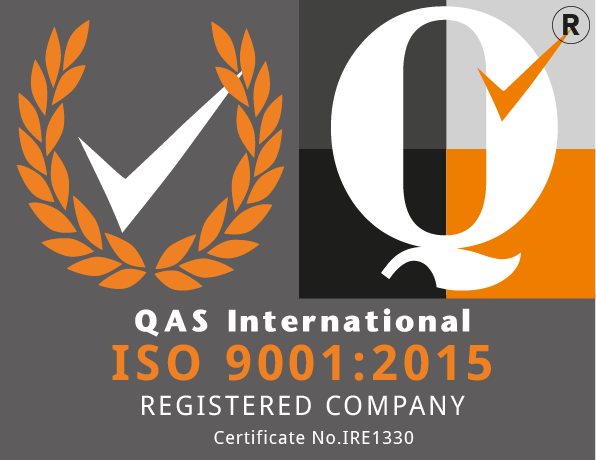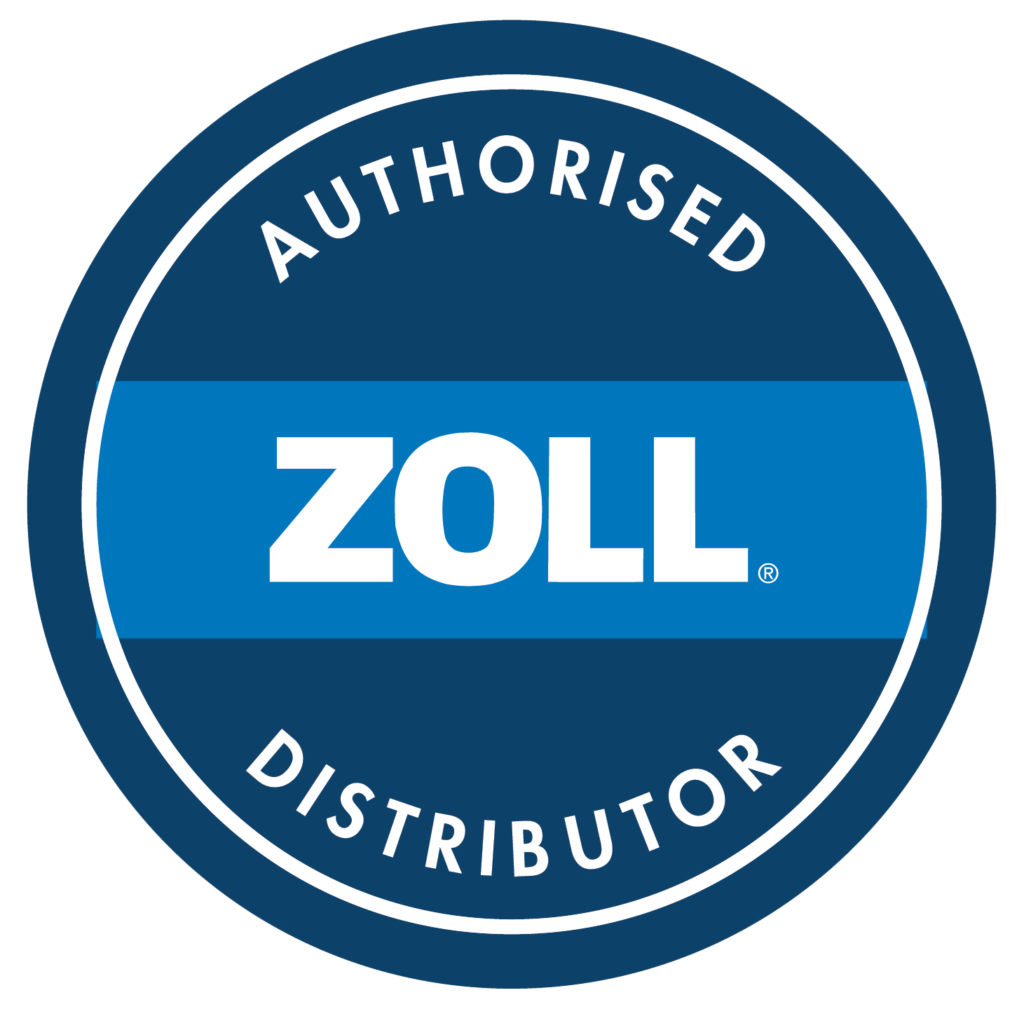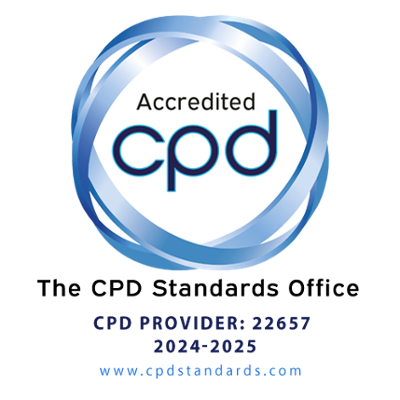Fire Warden Training Course
The Fire Warden Training Course from Phoenix STS is Ireland’s first CPD-certified programme for designated fire wardens and fire marshals. This comprehensive 7-hour course includes practical fire extinguisher training and provides 3-year certification. Delivered on-site across Ireland.
Need More Information?
Course Overview
The Fire Warden Training Course from Phoenix STS is a CPD-certified programme designed to equip your designated fire wardens and fire marshals with the essential knowledge and practical skills to safeguard your workplace and protect employees. Phoenix STS is the first company in Ireland to offer a fire warden training course with CPD points officially recognised by the CPD Standards Office.
This expert-led 7-hour programme goes beyond basic fire awareness, providing in-depth instruction on fire prevention, legal responsibilities, emergency evacuation procedures, and practical fire extinguisher training. Delivered on-site at your premises across Ireland, participants gain a thorough understanding of fire dynamics, the crucial role of a fire warden, and how to implement effective fire safety measures within your specific workplace environment.

Why Choose This Course
Selecting the right fire warden training is essential for building competence and ensuring legal compliance. Here’s what sets the Phoenix STS programme apart:
🏆 First CPD-Certified in Ireland
Phoenix STS is the first company in Ireland to offer fire warden training with CPD points officially recognised by the CPD Standards Office.
⏱ Comprehensive 7-Hour Programme
Full-day intensive training covering theory and practical elements, ensuring fire wardens are thoroughly prepared for their responsibilities.
🧯 Practical Fire Extinguisher Training
Hands-on experience using different types of fire extinguishers, building confidence to operate them effectively in a real emergency.
👨🏫 Expert Instructors
Learn from instructors with fire engineering degrees and memberships of professional bodies, including IFE, IOSH, and IIRSM.
🏢 On-Site Delivery
Training delivered at your premises, tailored to your specific workplace environment, evacuation routes, and potential hazards.
⚖️ Legal Compliance
Meets requirements of the Fire Services Act 1981/2003 and Safety, Health and Welfare at Work Act 2005.
Training Relevant to Your Workplace
This course is designed to be highly adaptable across various workplace environments in Ireland. Our instructors tailor the training to address sector-specific fire risks and evacuation challenges.
🏢 Office Environments
Electrical hazards, kitchen areas, multi-storey evacuation, open-plan layouts.
🏭 Industrial & Manufacturing
Machinery risks, chemical hazards, complex facility evacuations, high-hazard areas.
🏥 Healthcare & Hospitals
Patient evacuation, oxygen supply risks, medical equipment, horizontal evacuation strategies.
🎓 Educational Establishments
Large-scale evacuations, laboratories, dormitories, assembly halls, coordination with authorities.
🛒 Retail & Hospitality
Public-facing evacuations, peak-hour management, kitchen risks, customer safety.
📦 Warehouses & Distribution
High-racking risks, packaging materials, complex layouts, large open spaces.
🔨 Construction Sites
Temporary fire safety measures, multi-contractor coordination, evolving site layouts.
🎭 Places of Assembly
Theatres, stadiums, conference centres, public evacuation management.
Who Should Attend
This course is designed for anyone designated as a fire warden or fire marshal, or those responsible for fire safety management in their organisation.
🔥 Fire Safety Personnel
- Designated Fire Wardens and Fire Marshals
- Emergency Response Team Members
- Fire Safety Officers
🏢 Management & Supervisors
- Facilities Managers
- Building Managers and Supervisors
- HR Managers responsible for safety training
⚠️ Health & Safety
- Health and Safety Officers
- Risk and Compliance Managers
- Safety Committee Members
👥 General Interest
- Anyone interested in fire safety
- Staff seeking career development
- Those preparing for fire warden roles
Legal Requirements
Irish employers have clear legal obligations regarding fire safety and emergency planning. The course ensures compliance with key legislation:
Fire Services Act 1981 & 2003 Amendment
The Fire Services Act 1981 and its 2003 amendment shifted responsibility to businesses for maintaining comprehensive evacuation plans. Employers must ensure adequate fire safety measures and trained personnel.
Safety, Health and Welfare at Work Act 2005
Section 11(1)(c) of the SHWW Act 2005 requires employers to “designate employees to implement the plans, procedures and measures concerning fire and emergency.” These designated employees are commonly called fire wardens or fire marshals.
Recommended Levels of Trained Fire Wardens in Irish Workplaces
| Criteria | High Risk | Medium Risk | Low Risk | ||||||
|---|---|---|---|---|---|---|---|---|---|
| <100 | 100-500 | >500 | <100 | 100-500 | >500 | <100 | 100-500 | >500 | |
| Fire Wardens Required | 10% | 10% | 10% | 5% | 5% | 5% | 2% | 1% | 1% |
*Percentages by fire compartments per shift, with at least 2 persons. Level of fire risk determined per national regulations, standards and practice. Ref: CFPA-E GUIDELINE No 11:2015 F.
What You’ll Learn
The course combines comprehensive theory with practical application, covering all aspects of fire warden responsibilities.
Fire Safety Legislation
- Fire Services Act 1981 and 2003 Amendment
- Safety, Health and Welfare at Work Act 2005
- Building Control Regulations
- Duty of care responsibilities
Fire Science & Prevention
- Chemistry and the spread of fire
- Fire hazard identification
- Fire prevention measures
- Compartmentation principles
Fire Protection Systems
- Fire detection and alarm systems
- Emergency lighting
- Fire doors and escape routes
- Fire hydrants and fixed systems
Fire Warden Duties
- Roles and responsibilities
- Reporting structures
- Record-keeping requirements
- Action in the event of fire
Emergency Procedures
- Evacuation planning and procedures
- Assembly point management
- Evacuating people with limited mobility
- Assisting the fire brigade
Practical Training
- Portable fire extinguisher operation (hands-on)
- Extinguisher selection for different fire classes
- Signs, notices, and evacuation floor plans
- Practical assessment exercises
Learning Outcomes
Upon successful completion, you will be able to:
- Understand fire safety legislation: Apply Irish fire safety laws to ensure legal compliance in your workplace
- Identify fire hazards: Recognise potential fire risks and implement appropriate prevention measures
- Respond to fire emergencies: Take appropriate action when discovering a fire or hearing the alarm
- Operate fire extinguishers: Select and use the correct extinguisher type for different fire classes
- Manage evacuations: Coordinate the safe evacuation of your designated area
- Assist vulnerable individuals: Support the evacuation of people with limited mobility
- Maintain fire safety records: Document inspections, drills, and incidents appropriately
- Liaise with emergency services: Provide essential information to the fire brigade on arrival
Course Programme
- Welcome and Course Overview
- Fire Safety Legislation: Fire Services Act 1981/2003 and SHWW Act 2005
- Chemistry of Fire: The fire triangle and fire spread
- Fire Hazard Identification and Prevention
- Fire Protection Systems: Detection, alarms, and emergency lighting
- Fire Doors, Escape Routes, and Compartmentation
- Fire Warden Roles and Responsibilities
- Emergency Evacuation Procedures
- Evacuating People with Limited Mobility
- Assembly Point Management and Roll Call
- Practical Fire Extinguisher Training (Hands-On)
- Fire Safety Signs, Notices, and Floor Plans
- Assessment and Certification
Benefits
Completing the Fire Warden Training Course delivers benefits for both individuals and organisations.
For Individuals
- Earn 7 CPD points recognised by the CPD Standards Office
- Gain hands-on experience with fire extinguishers
- Understand your responsibilities under Irish legislation
- Add a valuable qualification recognised across industries
- Develop transferable fire safety knowledge
For Organisations
- Meet obligations under the Fire Services Act and SHWW Act 2005
- Trained fire wardens proactively identify and address hazards
- Reduce property damage and business interruption
- Demonstrate commitment to employee safety
- Documented training may support insurance terms
Course Details
Prerequisites
- English language proficiency: ability to understand, speak, read, and write in English
- Physical capability to participate in practical fire extinguisher training
Training Methods
- Interactive PowerPoint presentations with printed handouts
- Practical workshops on fire extinguisher operation
- Group discussions and case studies
- Q&A sessions with experienced instructors
Assessment
- Open-book multiple-choice assessment
- Minimum 70% pass mark required
- Support available for those requiring assistance
- Active participation in practical workshops required
Certification
Upon Successful Completion, You Receive:
- ✓ CPD-Certified Fire Warden Certificate
- ✓ Digital certificate issued via email within 48-72 hours
- ✓ Recognition across all industries in Ireland
We recommend fire wardens complete at least 25 hours of CPD annually to maintain professional competence.
Complimentary Reminder Service: Phoenix STS will notify you before your certification expires.
Our Instructors
Our instructors bring extensive fire safety experience and hold memberships with leading professional bodies:
Our instructors combine theoretical knowledge with practical application, ensuring participants gain skills they can use immediately. With degrees in Fire Engineering and expertise in adult education, they translate complex regulations into practical, actionable steps.
Frequently Asked Questions
Related Services
Page last updated: January 2026









